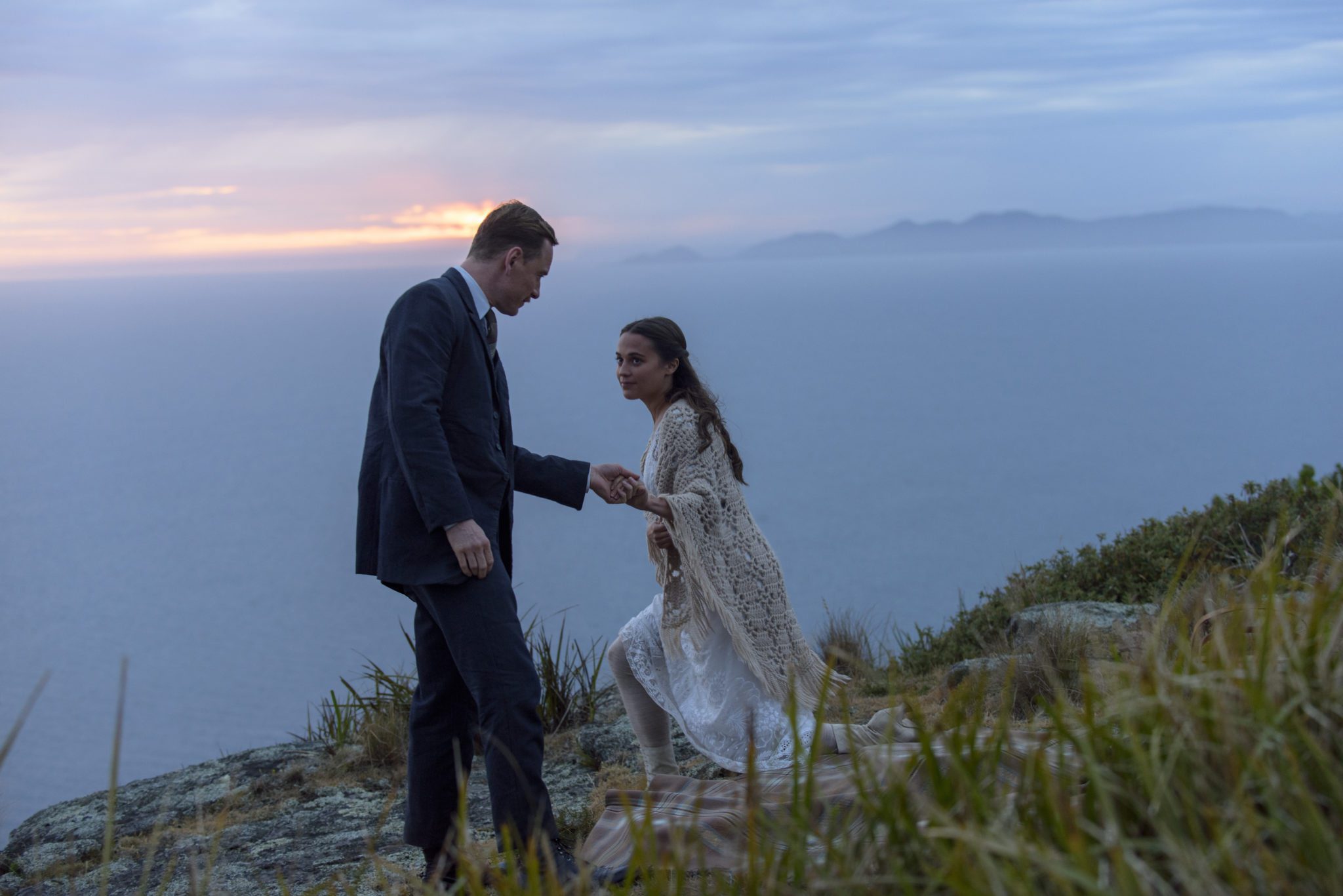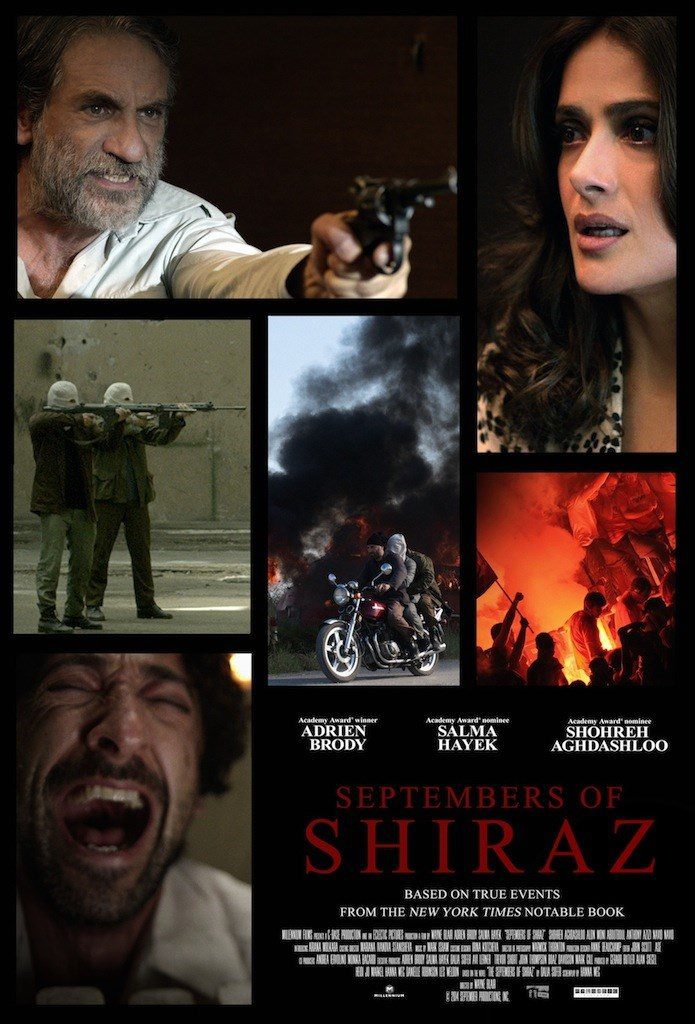
The Light Between Oceans – Hard Choices, Consequences
The Light Between Oceans is set on Janus, a small island far off the coast of Western Australia. The Roman god it is named after has two faces and is often thought to be looking to both the past and future (hence the year starts in January, also named after Janus.) Janus Island we discover…

